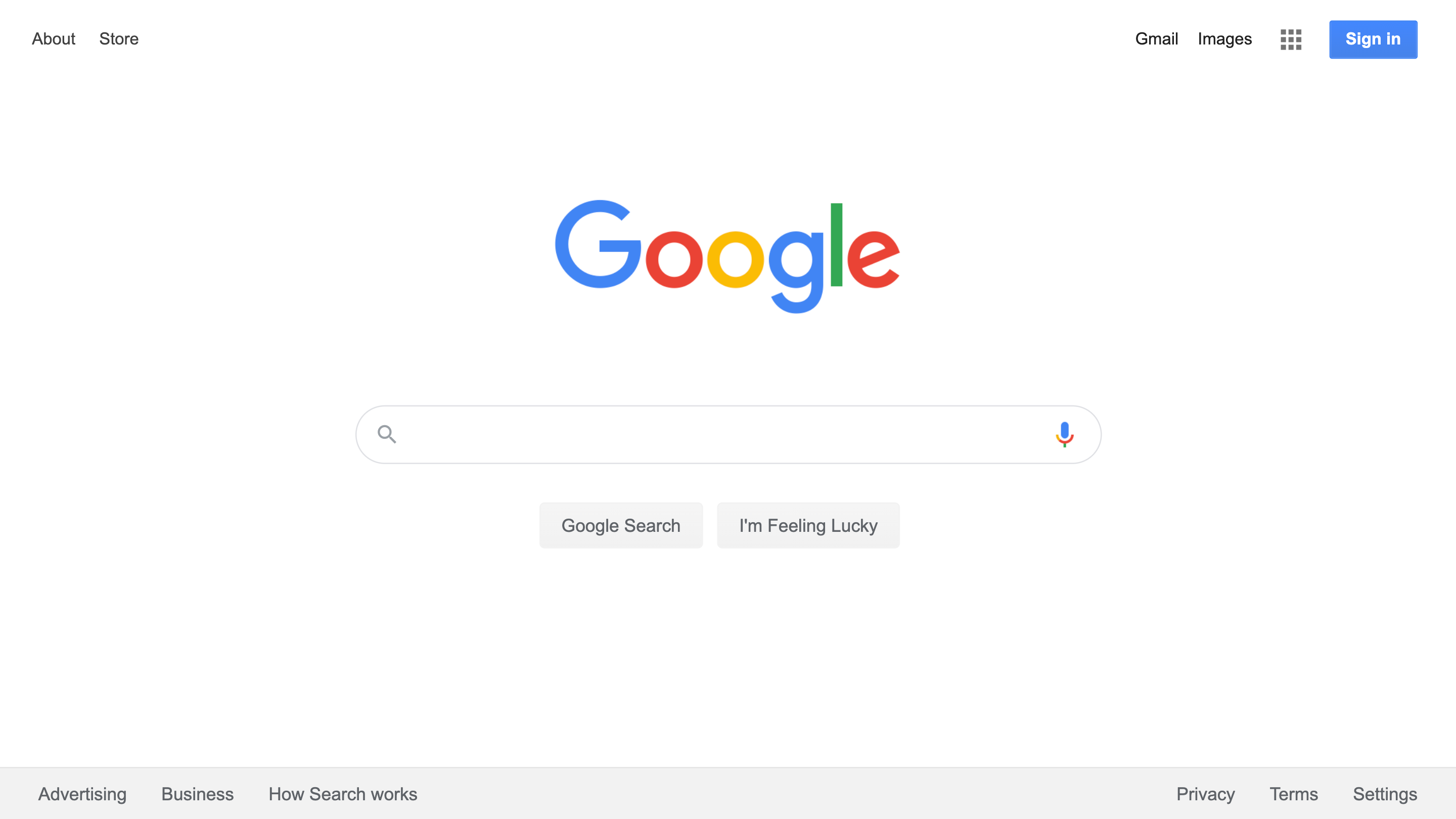by YASHA LEVINE
 IMAGE/Wikimedia Commons
IMAGE/Wikimedia Commons
It was February 18, 2014, and already dark when I crossed the Bay Bridge from San Francisco and parked my car in downtown Oakland. The streets were deserted, save for a couple of homeless men slumped in a heap against a closed storefront. Two police cruisers raced through a red light, sirens blaring.
I approached Oakland’s city hall on foot. Even from a distance, I could see that something unusual was going on. A line of parked police cars ran down the block, and news anchors and TV camera crews scampered about, jockeying for position. A large group of people milled near the entrance, a few of them setting up what looked like a giant papier-mâché rat, presumably intended as a symbol for snitching. But the real action was inside. Several hundred people packed Oakland’s ornate high-domed city council chamber. Many of them carried signs. It was an angry crowd, and police officers flanked the sides of the room, ready to push everyone out if things got out of hand.
Police would be able to punch in a location and watch it in real time or wind back the clock.
The commotion was tied to the main agenda item of the night: the city council was scheduled to vote on an ambitious $11 million project to create a citywide police surveillance hub. Its official name was the “Domain Awareness Center”—but everyone called it “the DAC.” Design specs called for linking real-time video feeds from thousands of cameras across the city and funneling them into a unified control hub. Police would be able to punch in a location and watch it in real time or wind back the clock. They could turn on face recognition and vehicle tracking systems, plug in social media feeds, and enhance their view with data coming in from other law enforcement agencies—both local and federal.
Plans for this surveillance center had been roiling city politics for months, and the outrage was now making its presence felt. Residents, religious leaders, labor activists, retired politicians, masked “black bloc” anarchists, and reps from the American Civil Liberties Union—they were all in attendance, rubbing shoulder to shoulder with a group of dedicated local activists who had banded together to stop the DAC. A nervous, bespectacled city official in a tan suit took the podium to reassure the agitated crowd that the Domain Awareness Center was designed to protect them—not spy on them. “This is not a fusion center. We have no agreements with the NSA or the CIA or the FBI to access our databases,” he said.
The hall blew up in pandemonium. The crowd wasn’t buying it. People booed and hissed. “This is all about monitoring protesters,” someone screamed from the balcony. A young man, his face obscured by a mask, stalked to the front of the room and menacingly jammed his smartphone in the city official’s face and snapped photos. “How does that feel? How do you like that—being surveilled all the time!” he yelled. A middle-aged man—bald, wearing glasses and crumpled khakis—took the podium and tore into the city’s political leaders.
The Baffler for more